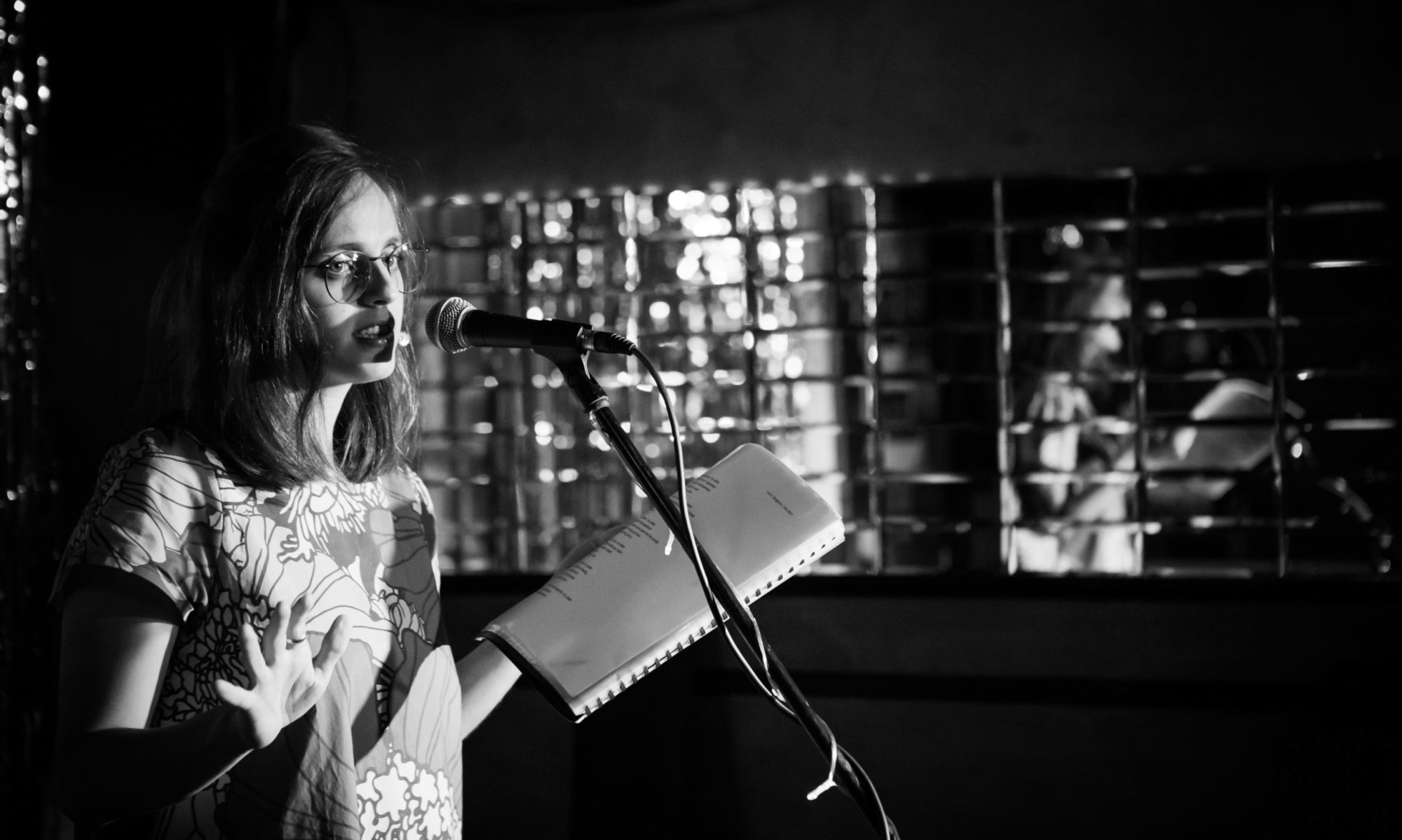CW: ableism, parental ableism, grief about disability, anger.
A recent article published by The Age discussed an exciting and revolutionary podcast called “Too Peas in a Podcast”. Hosted by two mothers of disabled children, it is presented as a safe place to talk about their difficulties as they raise their children. This initiative may be perceived as contributing to the building of social support networks or as raising awareness – both of which are integral to the wellbeing of parents and children alike. What unfolds in the content of the podcast and the article though, is in fact detrimental to the wellbeing of disabled people.
In the article, the hosts used the stage to describe their revolutionary idea of having a “living grief”. This refers to the supposedly inherit continuous process of grieving one’s disabled child’s life. This essential building block of the podcast is in fact an old idea, which shames disabled people. Parents used to sacrifice their disabled children to the Gods, as an offering for their sins. Disabled people used to be (and still are), thrown into institutions, ignored and silenced. Disable people have always been seen as a burden on their families and society. Being sad, even distraught by having a disabled child is based on the presumption that disability is a bad thing, a tragedy.
The “living grief” and other negative perceptions of disability continuously present themselves in the podcast. In the episode discussing stigma, one of the hosts shared she has kept her children’s ADHD diagnosis a secret in their school to avoid stigma. She referred to it as “not managed very well” and argued it should be considered a disability because it relates to brain dysfunction. She went on to suggest that if ADHD would be considered a disability, no stigma would be attached to it. Only a small amount of research or connection with the disability community would prove that this is highly unlikely. The other host, a mother of a child with cerebral palsy, said in regard to her child’s diagnosis “You can’t fix it.”. It is clear the hosts view disability as tragic, their children as faulty to be “managed” and “fixed”, who deserve to be grieved about.
These messages are based on the objectifying medical model, on which the discrimination against disabled people has been based on for generations. It perpetuates the idea that bodily impairments are bad and are the basis of disability – suggesting that people who are not “typical” are objects to be handled and fixed by medical professionals. This is disabling – it means society blames individuals for their disabilities and takes no responsibility for including everyone.
This podcast isn’t revolutionary, it conforms to old and shaming ideas about disability. Ableism is not a revolution- it is the oppression of disabled people. The impact of these ideas run deep in our veins. When a child learns that they need to hide who they are to be accepted, that they’ve caused grief to their parents by being born – they internalise this ableism, and in turn suffer from guilt, shame, depression, anxiety. They may even consider suicide.
The social model of disability, developed by disabled people, asserts that disability is based on limitations in the society one lives in, rather than individual bodies. Limitations include both physical and attitudinal barriers. Too Peas in a Podcast puts significant attitudinal barriers within the lives of disabled people.
What is new though, is that we will no longer be silenced. I feel proud to say my community of disabled folks is strong and comforting. We are not to be grieved for. We are not to be silenced. We are, just like any other human – to be celebrated. We deserve to be happy about being alive, without others grieving our births. And so today I celebrate – being a disabled woman. I celebrate all my disabled siblings across the globe, who stand or sit or lay by my side. It is time that our voices be heard.
The absentminded punchline of the episode was that people should be careful with content they share, to avoid hurting others, and that “If you’re not living it, why are you sharing it?” Good question indeed. If you’re not the person living with the impacts of discrimination, ableism, shaming, lack of access, people grieving for your life, objectification – why are you sharing it?
Step aside and give us the stage. Be an ally and call out ableism.
Until next time,
L. K. Bridgford




















